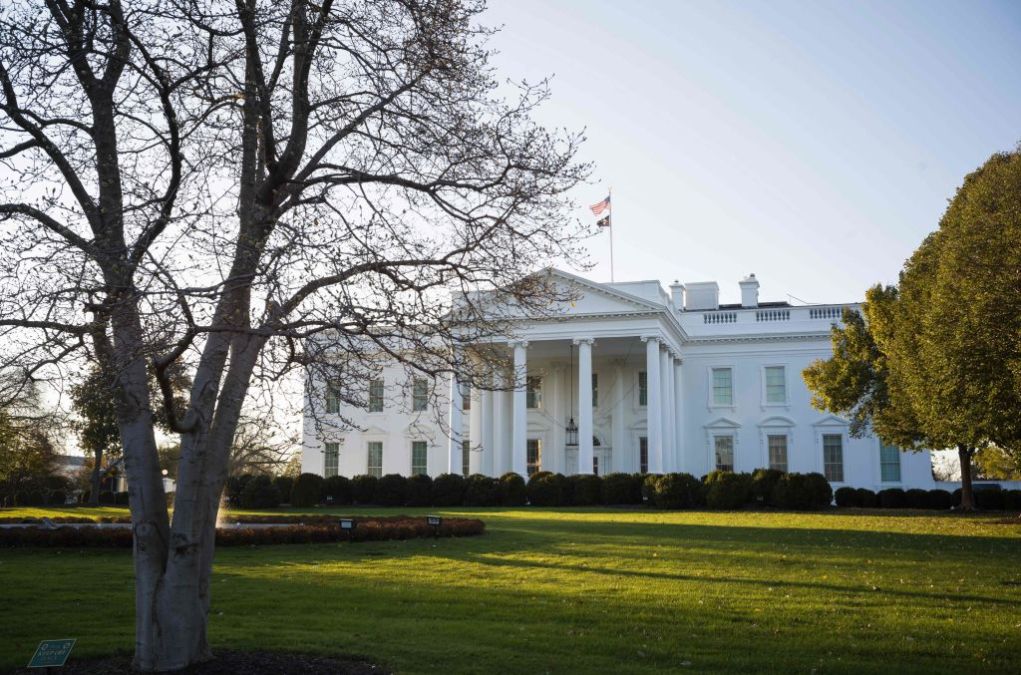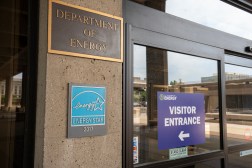White House seeks input to revise national AI research and development plan

The Office of Science and Technology Policy is looking for public input to revise a national plan for artificial intelligence research and development after a Biden administration update.
In a request for information released for public inspection Monday, the White House science and tech shop specifically asked for comments on how a 2023 update to the National Artificial Intelligence Research and Development Strategic Plan could be “rewritten” to maintain the country’s competitiveness on the technology.
A proposed update follows the current Trump administration’s moves to undo and revise the previous administration’s approach to AI. As part of those efforts, Trump similarly asked for public input on an AI action plan to define policy priorities. According to the RFI, responses from that comment period, which yielded more than 10,000 responses, will also be considered in the development of the new R&D plan.
The solicitation will officially be published in the Federal Register on Tuesday and the comment period will last until May 29.
That first national AI R&D plan was written in 2016 by the first Trump administration and has been updated twice since — once by Donald Trump and once by Joe Biden. With each update, the strategic areas from that first document have been generally maintained and expanded.
Trump’s first strategic plan outlined seven strategic areas for R&D, such as making long-term investments, developing methods for human collaboration, and ensuring that AI systems were safe and effective. The Trump administration then revised that plan in 2019 to add a strategy on expanding public-private AI partnerships.
Following that update, Congress began mandating regular revisions to the plan as part of the National AI Initiative Act of 2020, and in 2023, the Biden administration published its updated version. That plan found that the previous eight strategies “were broadly determined to be valid going forward” and added one new strategy on establishing a “principled and coordinated approach to international collaboration in AI research.”
In his first public remarks as OSTP director earlier this month, Michael Kratsios focused on AI R&D, saying that the country “must be more creative in our use of public research and development money, and shape a funding environment that makes clear what our national priorities are.”
Kratsios said it’s the “duty of government to enable scientists to create new theories and empower engineers to put them into practice” and suggested levers such as “prizes, advance market commitments, and other novel funding mechanisms, like fast and flexible grants” to boost that research.
The announcement, however, also comes after news that the National Science Foundation, which is the federal government’s premier science research agency, is terminating research grants that don’t align with its priorities.
An open source tracker of terminations lists hundreds of canceled awards, including awards for AI research. That dataset — maintained by Noam Ross, executive director of the open science and data nonprofit rOpenSci, and Scott Delaney, a research scientist at the Harvard T.H. Chan School of Public Health — is collected through submissions and supplemented with publicly available data.






